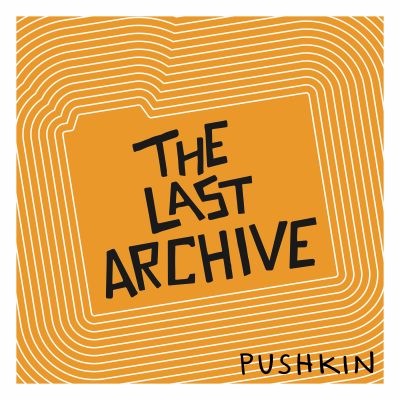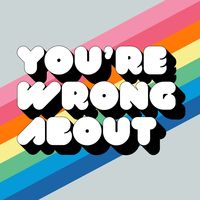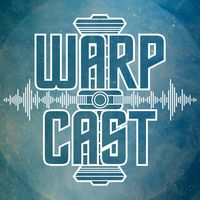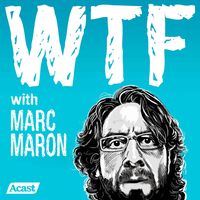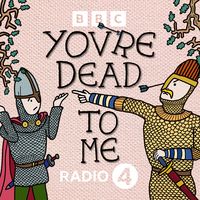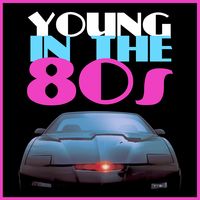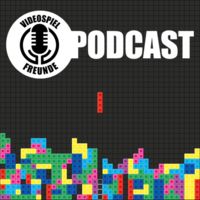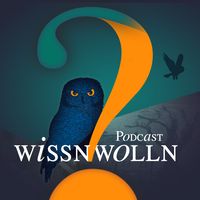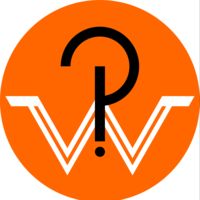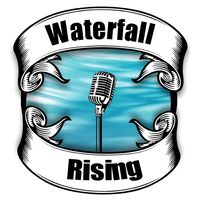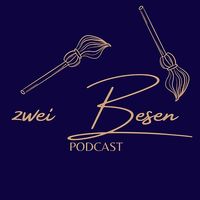The Last Archive is a show about the history of truth, and the historical context for our current fake news, post-truth moment. It’s a show about how we know what we know, and why it seems, these days, as if we don’t know anything at all anymore. The show is written & hosted by Ben Naddaff-Hafrey, and was created by the historian Jill Lepore. iHeartMedia is the exclusive podcast partner of Pushkin Industries.
https://www.pushkin.fm
Gesamtlänge aller Episoden: 1 day 18 hours 33 minutes
recommended podcasts
- 1
- 2
- 1
- 2
Introducing The Last Archive
The Last Archive: a new podcast about the history of evidence written and hosted by New Yorker writer, author, and celebrated historian Jill Lepore.
Learn more about your ad-choices at https://www.iheartpodcastnetwork.com
See omnystudio.com/listener for privacy information.
episode 1: The Clue of the Blue Bottle
On a spring day in 1919, a woman’s body was found bound, gagged, and strangled in a garden in Barre, Vermont. Who was she? Who killed her? In this episode, we try to solve a cold case - reopening a century-old murder investigation - as a way to uncover the history of evidence itself...
episode 2: Detection of Deception
When James Frye, a young black man, is charged with murder under unusual circumstances in 1922, he trusts his fate to a strange new machine: the lie detector. Why did the lie detector’s inventor, William Moulton Marston, a psychology professor and lawyer, think a machine could tell if a human being is lying better than a jury? And what does it all have to do with Wonder Woman?
Learn more about your ad-choices at https://www.iheartpodcastnetwork.com
See omnystudio...
episode 3: The Invisible Lady
In 1804, an Invisible Lady arrived in New York City.
She went on to become the most popular attraction in the country. But why? And who was she? In this episode, we chase her through time, finding invisible women everywhere, wondering: What is the relationship between keeping women invisible and the histories of privacy, and of knowledge?
Learn more about your ad-choices at https://www.iheartpodcastnetwork.com
See omnystudio.com/listener for privacy information.
episode 4: Unheard
In 1945, Ralph Ellison went to a barn in Vermont and began to write Invisible Man. He wrote it in the voice of a black man from the south, a voice that changed American literature. Invisible Man is a novel made up of black voices that had been excluded from the historical record until, decades earlier, he’d helped record them with the WPA’s Federal Writers Project...
episode 5: Project X
The election of 1952 brought all kinds of new technology into the political sphere. The Eisenhower campaign experimented with the first television ads to feature an American presidential candidate. And on election night, CBS News premiered the first computer to predict an American election — the UNIVAC. Safe to say, that part didn’t go according to plan. But election night 1952 is ground zero for our current, political post-truth moment...
episode 6: Cell Strain
In the 1950s, polio spread throughout the United States. Heartbreakingly, it affected mainly children. Thousands died. Thousands more were paralyzed. Many ended up surviving only in iron lungs, a machine that breathed for polio victims, sometimes for years. Scientists raced to find a vaccine. After a few hard years of widespread quarantine and isolation, the scientists succeeded. The discovery of the polio vaccine was one of the brightest moments in public health history...
episode 7: The Computermen
In 1966, just as the foundations of the Internet were being imagined, the federal government considered building a National Data Center. It would be a centralized federal facility to hold computer records from each federal agency, in the same way that the Library of Congress holds books and the National Archives holds manuscripts. Proponents argued that it would help regulate and compile the vast quantities of data the government was collecting...
episode 8: She Said, She Said
In 1969, radical feminists known as the Redstockings gathered in a church in Greenwich Village, and spoke about their experiences with abortion. They called this ‘consciousness-raising’ or ‘speaking bitterness,’ and it changed the history of women’s rights, all the way down to the 1977 National Women’s Convention and, really, down to the present day...
episode 9: For the Birds
In the spring of 1958, when the winter snow melted and the warm sun returned, the birds did not. Birdwatchers, ordinary people, everyone wondered where the birds had gone. Rachel Carson, a journalist and early environmentalist, figured it out — they’d been poisoned by DDT, a pesticide that towns all over the country had been spraying. Carson wrote a book about it, Silent Spring. It succeeded in stopping DDT, and it launched the modern environmental movement...
- 1
- 2
- 1
- 2
